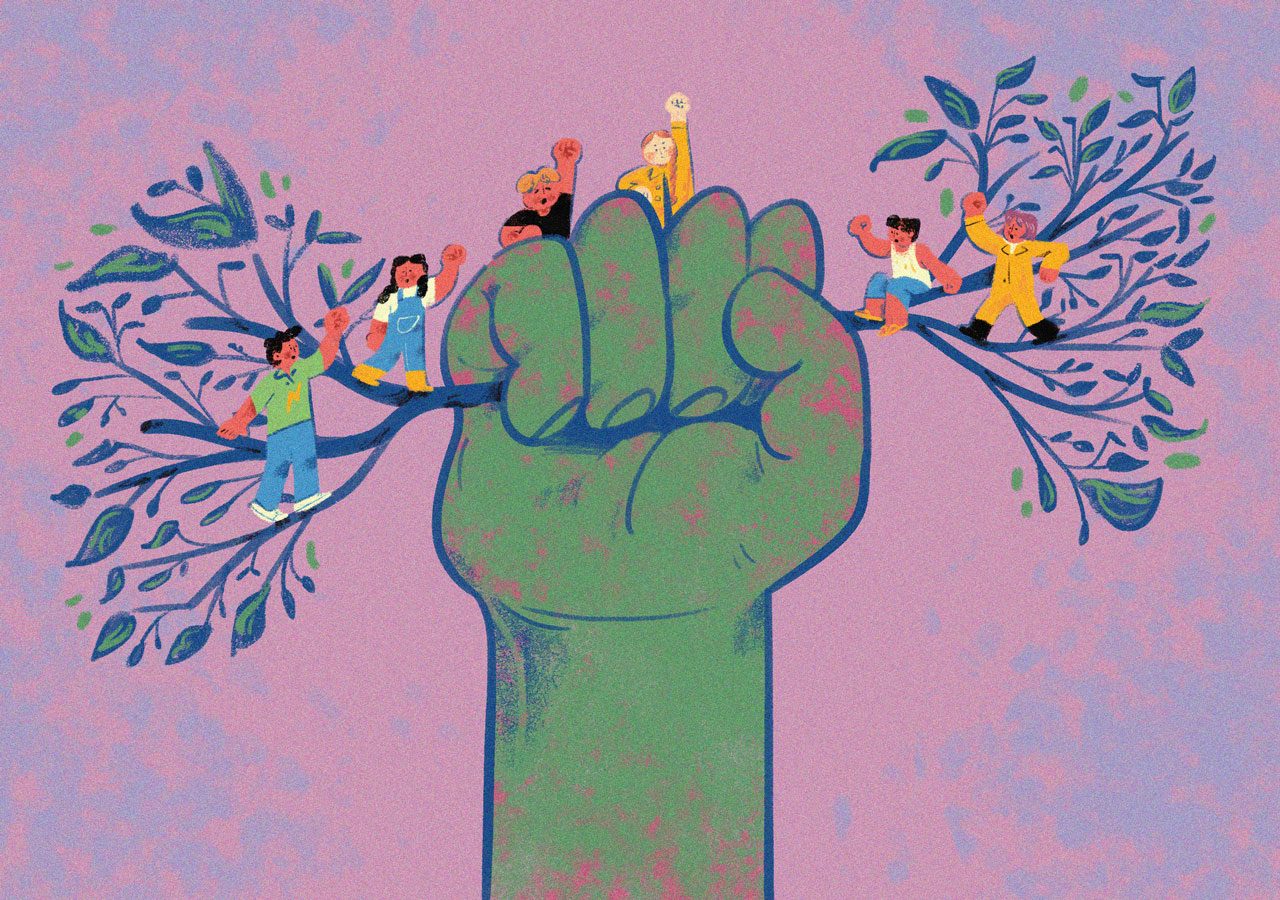One of the most intriguing statistics in economic history is that in 1914 Argentina was richer than Germany. Its GDP per capita was 92% of the average of the 16 developed economies. In 2014, its per capita income was 43% of those same 16 economies. Why? “There is a lot of ruin in a nation,” said Adam Smith. But not an unlimited amount. Economies can ignore much bad governance, but Argentina has overstepped the mark. Dictatorships, a poor education system, and statist and populist politics were fertile ground for hyperinflation in the 1990s and recent debt crises.
What about the developed world?
Before we smugly dismiss Argentina as an irretrievable mess, however, we should ask ourselves what Adam Smith might do with the rich countries club these days. I don’t think he would be very impressed. Capitalism is in trouble because it has been undermined by bad governance. Take the United States. A misguided overhaul of competition law in the 1980s led to four decades of mega-mergers.
The result, says economist Jonathan Tepper, is not a competition. The United States has only four major airlines, three major cereal manufacturers and two brewing groups (which control 90% of the market). Duopolies and oligopolies raise the cost of goods and keep wages low, because big brands have little competition for labor. The rise of regulation has also played a key role. Large companies can afford the cost of compliance, small ones cannot. Business suffers as fewer small businesses thrive; income and wealth inequalities are increasing.
Or take central banks, which have also exacerbated wealth inequality over the past 25 years by bursting asset bubbles, often with printed money, whenever markets fell. Property prices are therefore now too high, prompting governments to further stimulate demand with programs such as home purchase assistance. Keeping interest rates low or below zero has encouraged speculation and prolonged the life of unviable businesses, or “zombies.” These absorb capital that would be better spent on new projects (resources are allocated inefficiently) and reduce overall productivity. Normally, they would be swept away to make room for new blood: the process of “creative destruction.”
Awakening of the Zombies
Andrzej Rzonca, a former member of the Polish Monetary Policy Council, notes in the Financial Times that around 10% of American businesses are zombies. In Europe, “extremely low interest rates – through zombification and resulting misallocation – depressed productivity, slowing GDP growth by as much as 3% in the years following the financial crash” . The result ? “Capitalism’s saving grace, its often cruel efficiency, is being lost,” says Bloomberg columnist John Authers. As more and more people feel the system isn’t working for them, they may be more inclined to try the cruel inefficiency of socialism. Then there would be even more ruin in the nation.
Speaking of Adam Smith, Merryn’s Edinburgh Fringe show takes place at Panmure House, where he once lived. It takes place from August 25 to 28. Guests include MoneyWeek favorites Russell Napier, Hugh Hendry, James Ferguson and Edward Chancellor. Book your tickets here.












